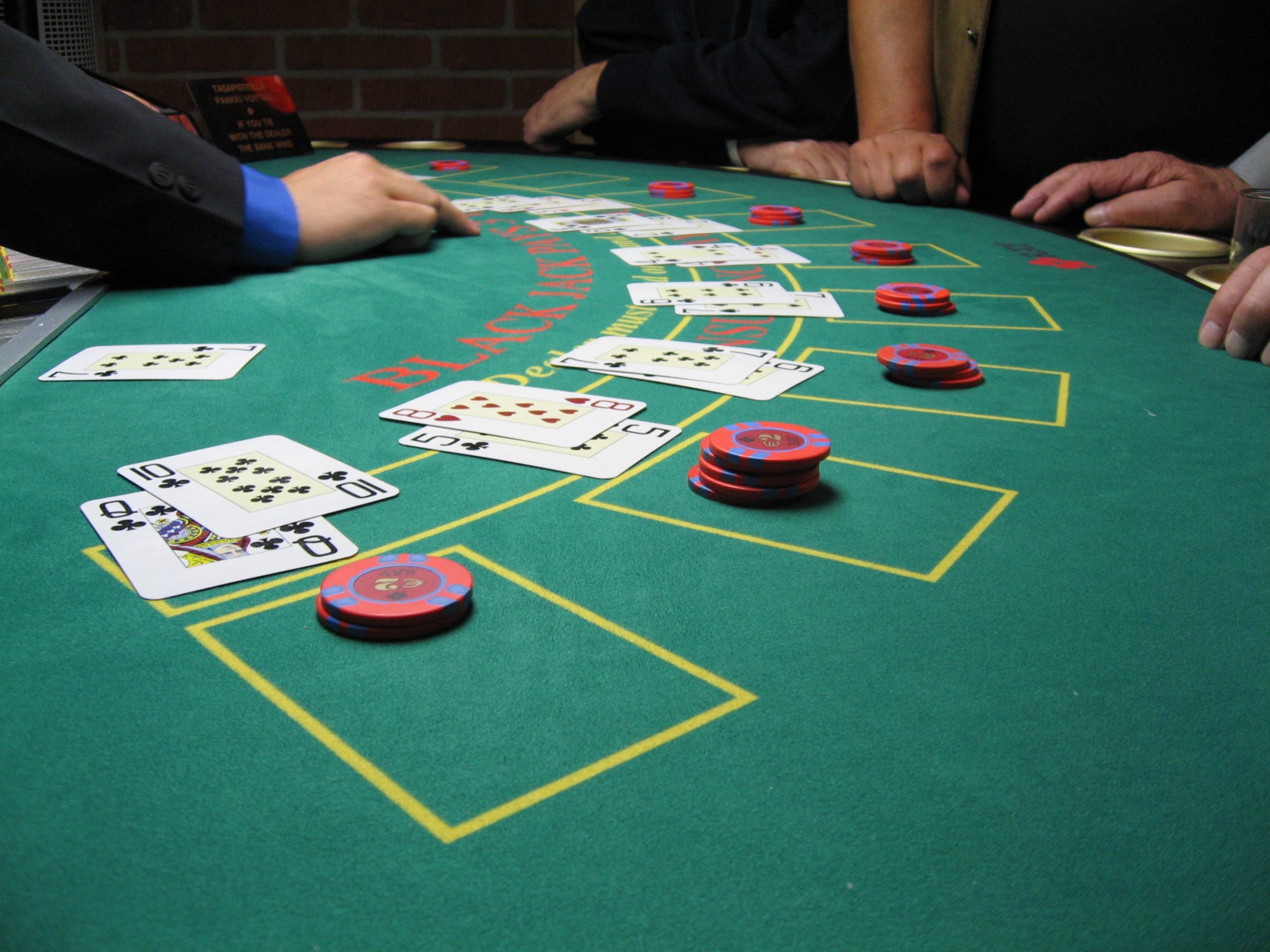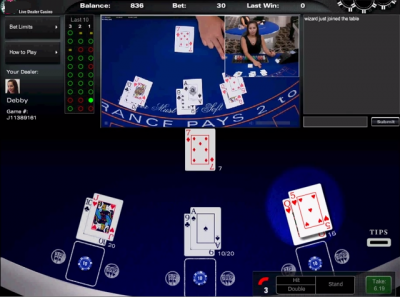Understanding Blackjack Payouts
The lowest house advantage in blackjack can go as low as 0.13%. Play Blackjack Online. If blackjack is your game of choice, you will be happy to know that we offer the best blackjack games online. At our casino, you will find a wide range of blackjack casino games, including the most popular variations. The topic of this Wizard of Odds Academy video will be on the importance of a blackjack paying 3 to 2 odds in blackjack as opposed to 6 to 5, which is a very common rule variation right now. Here in Las Vegas. You see a lot of players playing 6 to 5 blackjack even at high amounts. Frankly, I have no idea why other than out of a ignorance of math.
- Understanding Blackjack Payouts
- Understanding Blackjack Payouts Against
- What Is Blackjack Early Payout
- Blackjack Payout Quiz
- Best Blackjack Payouts
- Blackjack Payouts List
- Blackjack Payouts 3 2
Blackjack is among the oldest casino games played worldwide. Yet many people still don’t understand how to play it. This guide will help you learn more about the game. There are many misconceptions about the objective of Blackjack, making it look more complicated than it is. However there is only one purpose – beat the dealer. Get all the insights you need to succeed in the game here.
Since blackjack occurs in approximately 4.8% of hands, the 1:1 game increases the house edge by 2.3%, while the 6:5 game adds 1.4% to the house edge. Video blackjack machines generally pay 1:1 payout for a blackjack. Dealer wins ties The rule that bets on tied hands are lost rather than pushed is catastrophic to the player. Most blackjack players who’ve played for any length of time understand that rules for the game vary from casino to casino. In fact, they vary from one table to another. The obvious example is the size of the payout for a blackjack (a 2-card total of 21). The standard for decades is for a blackjack to pay off at 3 to 2 odds.
Reading guide
- How to Play Blackjack
- When to hit and when to stand
- The ultimate strategy

- Avoid these mistakes
What is Blackjack?
Blackjack is a contest of both chance and skill. It is popular in both online and land-based casinos, and it dates back to the 16th century. It was formerly referred to as Black Jack, or Vingt-Un, and is the American affiliate of the global banking games that more commonly refers to as twenty-one, and whose family includes the European game of Vingt-Et-Un and British game of Pontoon. Its most immediate predecessor is its English variant; twenty-one, also known as Vingt-Un.
Understanding Blackjack
Basically, it’s a comparing card punt, pitting a dealer on one hand and one or several players, in which each player, plays against the dealer. Although many players can be involved; each one plays only against the dealer and not each other. One player’s result doesn’t affect the others since they all play independently.
Apart from online poker games, Blackjack is the most predominantly played game in most online and land-based casinos globally, and it entails the the use of one or more decks (each with 52 cards). The number of decks is decided by the number of players per session.

How to play Blackjack
The main objective of the play is to beat the dealer. You can beat the dealer by having a sum as close to as possible but not exceeding 21, or having a number higher than the dealer but slightly below 21.
To start playing, you must make a deposit and place a stake. This rule applies to players, not dealers. However, it also depends on the casino you’re playing from and whether you’re a novice or veteran. While many casinos offer free trials for beginners, some offer free spins and bonuses to their veteran subscribers.
If you want to play for real money, the best way to do it is to place a stake since most free trials do not attract payouts even if you win. The free plays from bonuses and promotions, on the other hand, attract payouts when you win, but there are terms and conditions for cashing out.
After placing a wager, the dealer gives each player two cards. The first card is face up while the other one is face down, depending on the casino table. In some countries like the US, the dealer also gets two cards, usually one hidden (face down) and one exposed (face up).
In most other countries, usually, the dealer is only dealt with one card (face up) at the beginning of the game and the other later in the play. If your hand value after the first two cards is 21, you hit the Blackjack and automatically win. If the dealer’s hand sum is also 21, then it’s a tie (push), and no one wins.
Understanding Blackjack Payouts
How to determine the value of the card
Every card has a value. For all the cards labeled two through to ten, the numbers are their pip value (two to ten).
Face cards (Queen, King, and Jack) are all worth ten, while Ace cards can either be one or eleven, depending on what will be most advantageous to the player.
A hand’s value describes the sum total of all cards value a player has. You are free to take additional cards to increase your hand’s value.
The hand having an Ace value of eleven is known as “soft” since it can’t bust by drawing additional cards. On the other hand, the Ace value becomes one to foil the hand from busting, and is described as “hard.” To win, your values must be close to but not more than 21.
Playing your hand
If you don’t get Blackjack, you have a few options to consider. But the first step is to examine the two cards you have and the dealer’s face-up card before deciding which way to go. Depending on your hand’s value, you can choose to:
- Hit-Ask for another card from the dealer. You can continually ask for extra cards until you decide to stand. While doing this, watch out, so you don’t bust (go beyond the sum of 21)
- Stand-You can choose to take no additional cards. This way, the dealer then starts to play his hands
- Double down-You can decide to double the amount of your stake—here, you add an extra card, then stand
- Split-If you have two cards with equal value, you can split them into two distinct hands. The bet is similar to the original bet, so basically splitting doubles your bet
- Surrender-If you feel you’re likely to lose your hand, you can choose to surrender your bet in half. This action puts an end to the contest and gives the dealer a win
- Insurance-If the face-up card of your dealer is an Ace, you can opt for insurance. This is a bet of half your original wager, and you bet on the probability of the dealer getting a Blackjack
Understanding Blackjack Payouts Against
The dealer’s hand
Blackjack is played against the House. The main target of this contest is to have a sum as close to as possible, but not exceeding 21 and beating the dealer’s sum. Despite the rules and mathematical guidelines, it’s still a game of chance, and luck can play a significant role. Some of your moves can place the dealer ahead of you. The dealer’s hand looks like this:
- The dealer wins if you attain a sum that is more than 21 (bust), or you surrender
- If the dealer’s total value is more than yours and closest to 21, he/she wins
- The dealer also stands when the sum of hands is either 18 or more
- He/she also stands after attaining a hard 17
- However, he/she must hit if he/she has a soft 17
What Is Blackjack Early Payout
How to win a Blackjack game
Playing a good Blackjack game is about tactically considering all the possibilities and opting for the move that offers you the highest anticipated returns. While playing, it’s essential to apply your knowledge carefully to increase your odds of winning against the dealer. However, it’s still a contest of probabilities, and luck may play a more prominent role than the skills. Some of the ways you can win or lose the game include the following.
After you and the dealer play your hands, the sum of the value in each plus the factors stated here is what determines the winner.
- If you’re dealt a card valued at 10 and an Ace, you automatically become a winner (natural or you get Blackjack), and you get rewards in the ratio of three to two
- If the dealer’s sum surpasses 21 while you don’t, you’re a winner
- If you attain a total sum higher than the dealer and below 21, you win, and you’re rewarded in the ratio of one to one
The dealer wins when:
- You bust even if the dealer also busts, you lose, and they win
- If you exceed a sum of 21 while the dealer doesn’t
- If you surrender
Blackjack Payout Quiz
Otherwise, if you both receive a sum of 21 or get a Blackjack, then we say there is a tie, push, and no cash changes hands. In other words, you draw.
Best Blackjack Payouts
Different online casinos can also offer various side bets, for instance, perfect pairs. Such offers depend on the online casino you’re using. Most casinos also indicate the payouts on or next to the tables.
Furthermore, a Blackjack contest is variant, and the rules apply differently with every type. However, these are the basic rules that apply to both, and grasping them will make it easy for you to understand whichever type of the play you choose to enjoy.

When to hit and when to stand
Despite having fun, betting, and winning is the key driver of why people play Blackjack. Hitting and standing are the major choices to make when playing Blackjack. As a result, it’s fundamental to understand when you’ll need to stand and when to hit.
when to stand your hand
Blackjack Payouts List
Only stand when you’re satisfied with the sum, and you wish not to increase the totals. Remember that once you stand, you can’t take any further action.
Blackjack Payouts 3 2
When to hit your hand
The main aim is to improve your hand’s total. As a result, only hit when you’re sure you won’t go beyond 21. If you hit a total of 17 or 18, it’s safer to stand.